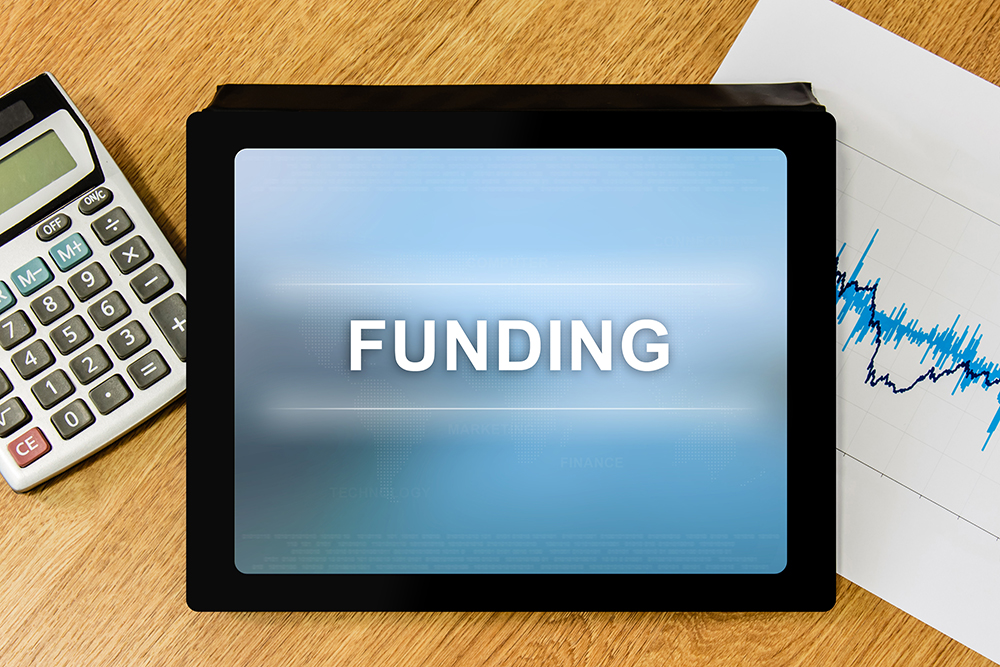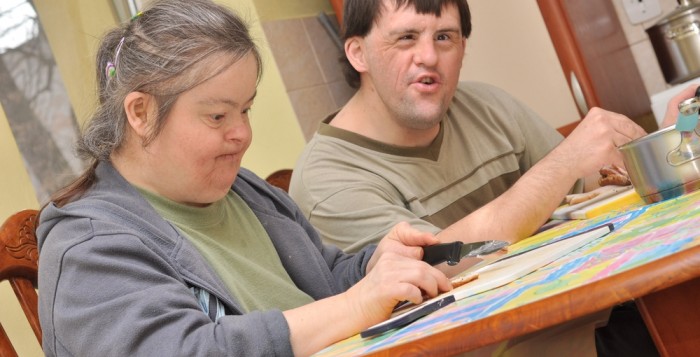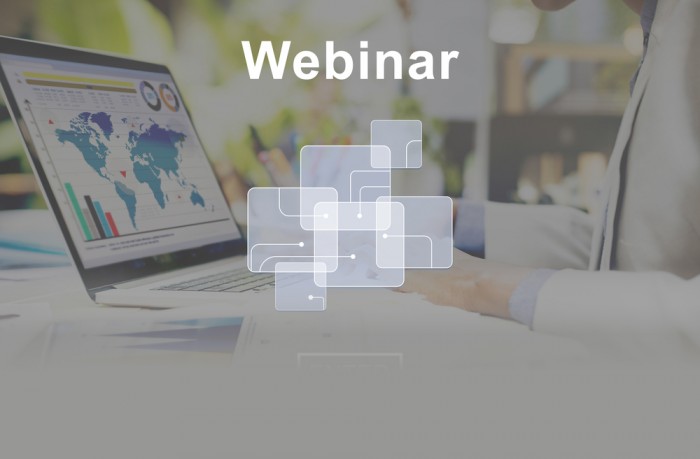Department of Health: Seven More Hospitals Receive COVID-19 Vaccine

RCPA Advocates for Additional Retainer Payments
RCPA President/CEO Richard Edley expressed our concerns regarding the ongoing need for retainer payments for Community Participation Services (CPS) providers in a letter to Deputy Secretary Ahrens. While we recognize and appreciate the leadership and flexibility that Ahrens and the Office of Developmental Programs (ODP) have demonstrated toward providers, as well as the consumers and families they serve, during these difficult times, there is a growing problem for CPS providers.
CPS providers are experiencing significant and unprecedented hardship due to COVID-19 restrictions that have been put in place in order to keep everyone safe. Edley stated, “…we have to go on record that the time for immediate and urgent action is upon us. Without state relief, there will be closures, and they will be permanent. This critical aspect of service to individuals with disabilities will forever be lost as we rebuild the system in the future. I urge you to revisit this issue and reconsider whether any state-only relief can be made available while we all wait for an additional federal package.”
On a federal level, RCPA, along with ANCOR and other national partners, has appealed to the Centers for Medicare and Medicaid Services (CMS) to remove the restriction of three 30-day periods of time for retainer payments. We will continue to advocate for relief for those programs who have been affected by the community restrictions.
Updates Regarding ODP Medication Administration Course

ODPANN 20-114 COVID-19 – Update: FAQs About Modifications to Medication Administration Course Requirements informs stakeholders of an updated frequently asked questions (FAQ) guide that describes modifications to Medication Administration Course requirements and the extended use of the Modified Course.
Per Office of Developmental Programs (ODP) Announcement 20-032, 55 Pa. Code Chapters 2380, 2390, 6100, and 6400 provide that a staff person can administer medications to individuals if the staff person successfully completes an ODP-approved medication administration training course.
Due to the COVID-19 pandemic, ODP has allowed staff who are required to take the Standard Medication Administration Training Course (Standard Course) to take the Modified Medication Training Course (Modified Course) until December 31, 2020. Because the pandemic is ongoing, staff can continue to take the Modified Course in place of the Standard Course until June 30, 2021.
The Things I Say to Myself: The Importance of Self-Talk
TOMORROW – Wednesday, December 16, 2020 at 2:00 pm Eastern Time
Description: The things we say to ourselves have a huge impact on what we do and on the way we feel. We often make statements without being aware of what we are actually saying and without recognizing that we are in complete control of these words. This webinar will focus on the importance of self-talk and how it can be used in a way that supports our mental health.
Use this button to register.














